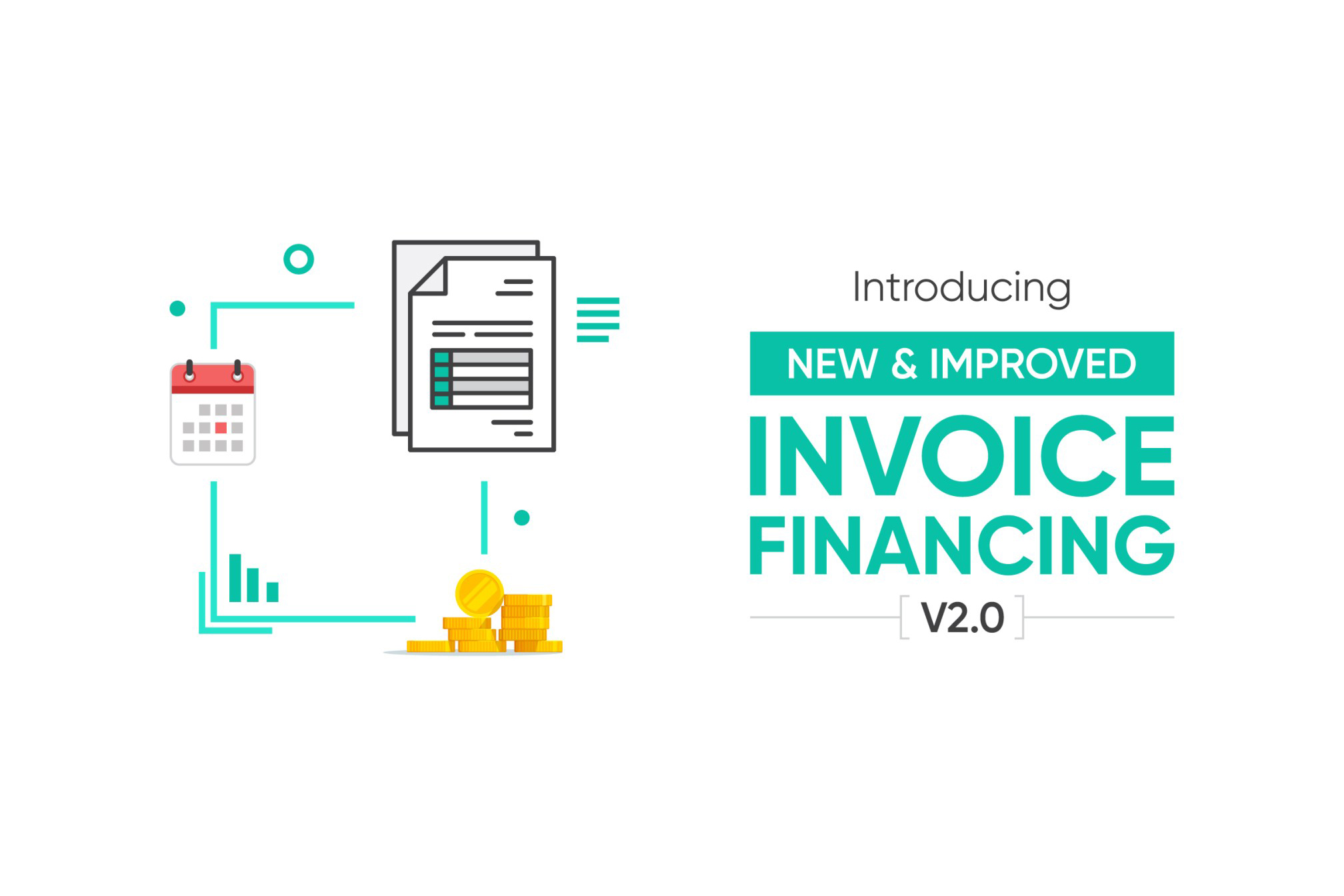A good credit policy accomplishes the following objectives: clients are both eligible and ineligible for credit, establishes credit payment terms for qualified clients, creates maximum credit limits, and describes how your company intends to recover outstanding bills. It should also note that not every business decides to offer credit. Still, many B2-B businesses gain from doing so.
So what is credit policy?

Why is credit policy important?
Credit rules, more specifically, hold clients responsible to you if you work in an industry known for sluggish or delayed client payments. If you ultimately send them to collections or initiate a lawsuit, these regulations offer little opportunity for clients to argue against repaying their obligations. Simply instituting a credit policy at your company can demonstrate to clients that you will not go unpaid for your job.
Credit policies minimize the probability of unpaid debts by allowing customers to pay multiple invoices in small installments. These installments simplify customer payment while making your life easier by boosting your cash flow. In short, credit policies assist either you or your clients.

What should include in a credit policy?
- Credit eligibility
requirements for customers. Before providing a client credit, it's advisable to perform a credit report on them, albeit you may only do so with their permission. As a result, your credit policy should define what a customer's credit report must look like for the client to apply for loans. Clients having the lowest credit record should be denied.
- Limits on credit
If giving a customer $15,000 in credit will leave you with far insufficient cash to pay your bills, lower your credit limit. If you expect several customers to request credit from your company, consider how your maximum credit limit can accommodate several borrowers while maintaining proper cash flow.
- Terms of credit
You have the option to earn interest whenever you extend credit. Interest rates, payment deadlines, approved payment methods (such as credit cards and personal checks), early payment discounts, and late payment fines should all include in your policy.
- Customer information requests
Declare the forms of information you will require clients to supply to approve them for credit in your credit policy. For B2B clients, this information may include how long they have been in business, the services they anticipate using, and their credit score.
- Terms of payment
Setting credit terms and firmly establishing your invoice methods go hand in hand. This is because any business (or freelancer) invoices clients to receive payment for work completed uses a credit model.
- Terms of debt collection
Neither credit policy can altogether prevent some debtors from not paying what they owe you. That's why your credit terms should spell out what you'll do if an account goes unpaid. Such procedures could include sending the debt to collections or initiating a small claims suit against the customer.

How to develop a credit policy
Combine the following sections in a formal document to create the credit policy:
1. Purpose statement
2. Statement of scope
Following that, you should specify which categories of clients and sales are authorized by your credit policy. Some credit policies, for example, only apply to domestic sales to businesses of a specific size, while others only apply to international clients.
3. Credit and payment terms
After the first two statements in your credit policy, you may get into the more critical stipulations by stating your credit limit and detailing any interest and fees. Also, please specify how long clients have after getting bills to return them. Include language about business, bank, or personal guarantees if necessary.
4. Credit application and review
Your credit policy should specify how the company will process the loan applications and evaluate established creditors' credit histories. Mention any applicant factors that could result in credit being more petite than your limit. Similarly, keep records of any modifications to appointed creditors' accounts that could impact their present credit.
5. Sales terms
Include language which enables your credit team to change your sales terms after discussing how you will qualify creditors. This flexibility can optimize sales outcomes and restate the basic payment terms.
6. Statement of credit team roles
Complete your credit policy by specifying who on your credit team is allowed to do specific credit-related tasks. This way, you and your debtors know which of your employees they can contact or hear about credit problems. You may find that other team members have extended credit to unqualified clients without mutual agreement on these terms. Retracting this loan will be hard, if not impossible.
 Sample of credit policy
Sample of credit policy
An example credit policy includes some elements designed to lower the risk of loss associated with extending credit to clients who cannot pay. Given the above criteria, a credit policy template might appear as follows:
This credit policy outlines the requirements for granting credit to qualifying clients of [your company] and monitoring this credit afterward. It also details how credit for existing customers may be modified and who at [your company] can issue or modify credit. This policy is valid for all United States sales but excludes public sector clients.
[Your company] will offer credit of at most [dollar amount here] to qualified customers, with [interest rate here] applied to each payment.
The [your company] credit department head can expand or contract this credit line and demand a personal, corporate, or bank guarantee from specific clients before issuing credits. All credit repayment terms are net 60 days.
The credit department will review new credit applications to approve clients and determine credit amounts. An applicant's credit level may be lower than the maximum if credit reports reveal low credit scores, credit histories of less than five years, or ratios below 1:1. Likewise, a current account with credit in its name may have its glory modified if a credit department review determines this need.
All client terms of sale are standardized according to [your company] 's current sales programs and promotions. The credit department head will approve all modifications of the terms of these programs and upgrades as needed to maximize sales outcomes. The sales terms for all clients are net 60 days.
The [your company] credit manager has sole authority to approve the issuing of credit to clients and speak with clients about their credit status. The remainder of the credit team will contact clients solely to provide instructions for paying their debts.
Signed:
_________________________ _________________________
[your signature, title, and company name] [your client's signature, title, and company name]
***You should have your customer sign and return the policy to you before beginning work for them or when you deliver your invoice. While credit policies are not essential to hold clients accountable, as you can see from the language above, they may significantly boost the odds of getting paid on time — which means good business. ***
or

Open Banking in Malaysia: New Opportunities for Fintech
Is Payment Friction Challenging Your Business Growth And Development?
BNPL For Business Predicted To Be One Of The Fastest Growing Financial Product





